We deliver to you every day from 8:00 to 20:00
- 2023
- gumm
- C_TS4FI_2020試験の準備方法|権威のあるC_TS4FI_2020 最新知識試験|信頼的なSAP Certified Application Associate - SAP S/4HANA for Financial Accounting Associates (SAP S/4HANA 2020) テスト内容 🚐 ウェブサイト“ www.goshiken.com ”を開き、「 C_TS4FI_2020 」を検索して無料でダウンロードしてくださいC_TS4FI_2020日本語練習問題
- tinct
- cart
- 利用するACCESS-DEF 日本語試験情報 - CyberArk Defender Accessについて心配はいりません 🐛 「 ACCESS-DEF 」を無料でダウンロード⮆ www.goshiken.com ⮄で検索するだけACCESS-DEF勉強時間
- tincture
The best discounts this week
Every week you can find the best discounts here.
Grape Pie – THCa Rosin [1g]
Infused Cooking Olive Oil HHC Tincture [1500mg]
Peppermint Olive Oil HHC Tincture [1500mg]
Strawberry MCT HHC Tincture [1500mg]
Strawberry MCT HHC Tincture [1500mg]
Infused Cooking MCT Oil Delta-8 Tincture [1500mg]
Infused Cooking Olive Oil Delta-8 Tincture [1500mg]
Infused Pre Roll (Moon Doob) 24 pack
There are many different types of cannabinoids present in the hemp plant that have very similar names and share a few similar characteristics. Due to this reason, many people make the mistake of assuming that cannabinoids are exactly the same. However, it’s important to keep in mind that if some cannabinoids have similar names to each other, it doesn’t mean that they’re the same. Instead, they’re quite different from each other.
Similarly, the Delta 10 and Delta 8 cannabinoids have been mixed up together, and some think that they’re both the same thing. However, with the help of our blog, you can find out more about these two cannabinoids and find out how different they are from each other.
What Is Delta 10?
The Delta 10 cannabinoid is a naturally occurring cannabinoid found in hemp plants in small traces. It is also an isomer of the Delta 9 cannabinoid. The term “isomer” refers to two chemical compounds sharing similar chemical formulas but having different molecular structures. This cannabinoid was first discovered in 1984, by an Israeli chemist named Raphael Mechoulam, who was also the one who discovered both Delta 8 and Delta 9. This chemist was also referred to as the “Father Of Cannabis”.
Later on, in 2020, this cannabinoid was accidentally rediscovered by a company in California, called Fusion Farms which was trying to create concentrates from cannabis plants that were exposed to fire retardant chemicals from nearby wildfires. They noticed strange crystals that were formed and after a few months of being studied, it was declared that the Delta 10 cannabinoid was discovered. It’s difficult to extract the Delta 10 cannabinoid directly from hemp plants because it occurs in very small traces.
That’s why researchers had to find another way to obtain this cannabinoid, and one of the ways that they discovered is through a process called isomerization. This process involves extracting the CBD cannabinoid from hemp and converting it into Delta 10, by exposing it to acidic environments, as well as heat, which will increase the pace of its conversion process. This cannabinoid is sold in the form of various products such as gummies, tinctures, vape carts, distillates, candies, chocolates, flowers, etc.
What Is Delta 8?
Delta 8 is a naturally occurring cannabinoid that is found in hemp plants. It was first discovered in 1965, by the same Israeli chemist, Raphael Mechoulam, who also discovered the Delta 10 cannabinoid in 1984. This cannabinoid can create psychoactive and intoxicating effects which are considered mild, as compared to its twin, which is the Delta 9 cannabinoid. This is because of the way it interacts with the endocannabinoid system.
Since this cannabinoid also occurs in small traces in hemp plants, it can’t be directly extracted, which is why this cannabinoid is also obtained through the process of isomerization. It’s very easy for you to find the Delta 8 cannabinoid present in various products which include, tinctures, gummies, distillates, vape carts, flowers, candies, chocolates, etc. These products can easily be found in retail stores as well as online stores.
What Is The Difference Between Delta 10 & Delta 8?
The Delta 10 and Delta 8 cannabinoid may sound similar to each other and also share some similar characteristics. However, there are many factors that set these two cannabinoids apart and make them different from each other. Here are some of their differences, which include:
-
Potency
Although the effects that are produced by Delta 10 are considered psychoactive, they’re not as strong and potent as the Delta 9 and Delta 8 cannabinoid. This is because of the way it interacts with the endocannabinoid system. The Delta 10 cannabinoid has a lower binding affinity for the CB1 receptors unlike Delta 8 and Delta 9.
The Delta 8 cannabinoid can create psychoactive and intoxicating effects which are much stronger than the Delta 10 cannabinoid but not as strong as the effects of Delta 9. This is because it has a higher binding affinity for the CB1 receptors than the Delta 10 cannabinoid, but it’s still lower than the Delta 9 cannabinoid’s binding affinity.
-
Effects
As mentioned before, the effects of Delta 10 cannabinoid are mildly psychoactive, and the amount of time it takes for you to feel its effects depends on the type of product you consume, and the way you consume it. For example, Delta 10 gummies take about 30-60 minutes for their effects to kick in, which is much longer compared to other Delta 10 products.
This is because when you consume a Delta 10 gummy, it first gets digested in your stomach. After that, the Delta 10 cannabinoid enters your bloodstream and then activates its effects after traveling to your brain. These effects then last for about 6-8 hours depending on how much you consume.
The effects of Delta 8 on the other take at least 45-90 minutes depending on the type of product and the method of consumption. For example, Delta 8 tinctures take at least 15-20 minutes for the effects to kick in. This is because when you hold a few drops of the tincture in your mouth, they’re absorbed through the mucous membrane in your tongue, which allows the Delta cannabinoid to enter your bloodstream easily and activate its effects.
Frequently Asked Questions
- How Long Does Delta 8 Stay In Your System?
The Delta 8 cannabinoid can stay in your system for up to 90 days depending on how often you consume this cannabinoid.
- What Are The Ways That You Can Heat Up Delta 8 Distillates?
There are many different ways that you can heat up Delta 8 distillates, some of them include:
- Using a blow dryer
- Placing it in a bowl of hot water
- Holding it under running hot water
- Can You Store Delta 8 Distillates In A Cabinet?
It’s best to store Delta 8 distillates in a dark and cool place, such as a cabinet or a drawer.
- What Is The Shelf Life Of Delta 10 Tinctures?
Delta 10 tinctures can last for about 2 years depending on how well you store them in the right place with the right temperatures.
- How Long Does Delta 10 Stay In Your System?
The Delta 10 cannabinoid can stay in your system for a few days, to a whole month depending on how much and how often you consume it.
Final Words – Which One Is Suitable For You?
Both Delta 8 and Delta 10 offer their own set of benefits and are suitable for people depending on their preferences. Some people might prefer mild highs that help relieve their anxiety, which is why the Delta 10 cannabinoid is perfect for them. While others who prefer a stronger high should consume the Delta 8 cannabinoid.
At the end of the day, both of these cannabinoids are psychoactive and should be consumed with caution and care.
Stay in Touch
Sign up for our mailing list to be the first to know about new products, sales, and promotions
Stay in Touch
Sign up for our mailing list to be the first to know about new products, sales, and promotions
All products are Federal Farm Bill Compliant and contain less than 0.3% THC
FDA DISCLOSURE: The statements regarding these products have not been evaluated by the FDA. These products are not intended to diagnose, treat, cure or prevent any disease, consult your health physician before use. The Federal Food, Drug and Cosmetic Act requires placement of this notice.
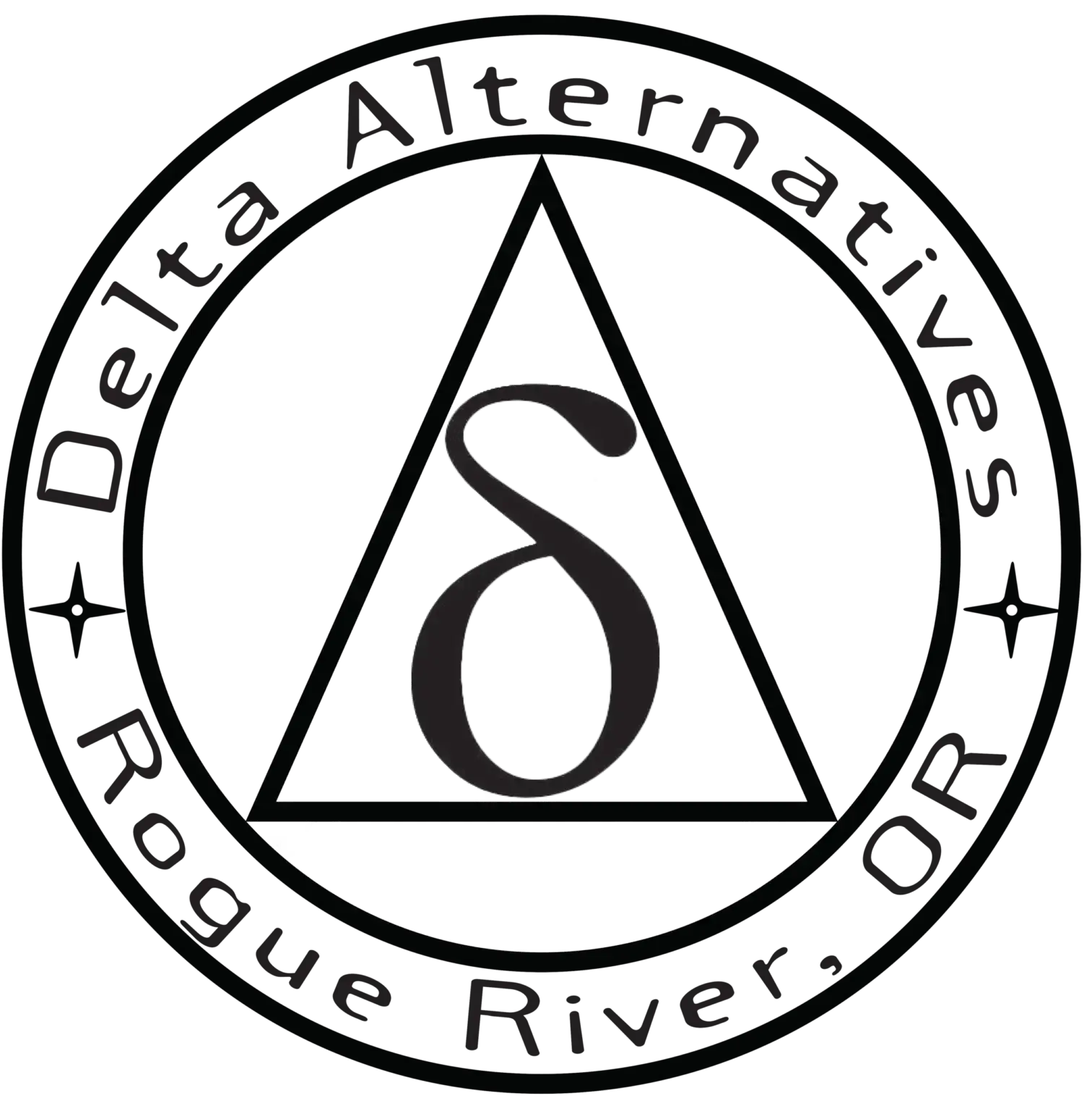
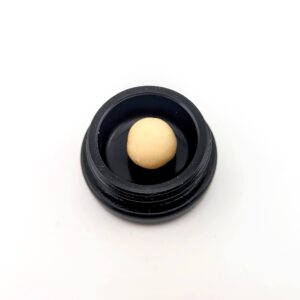

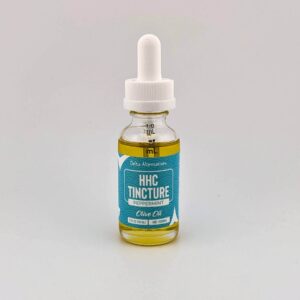
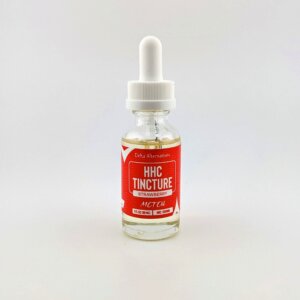
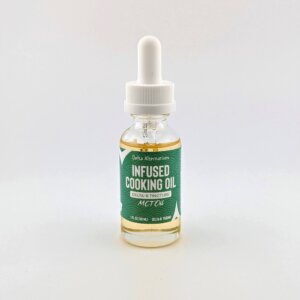
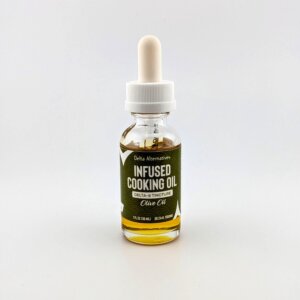
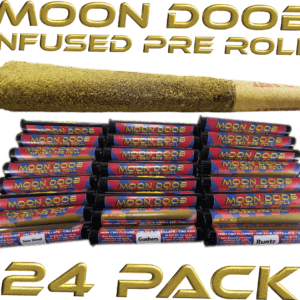

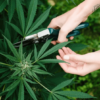

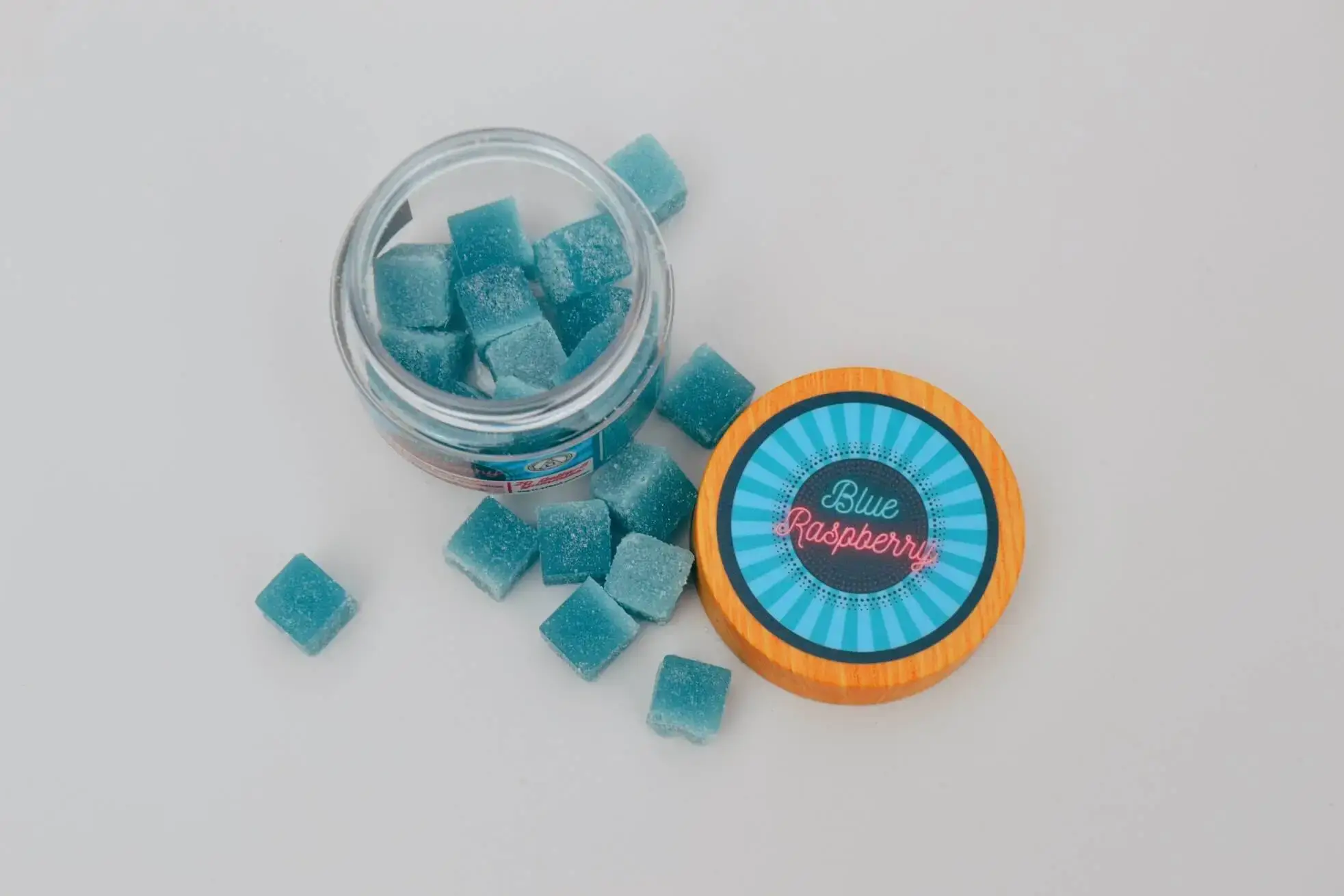
You must be logged in to post a comment.